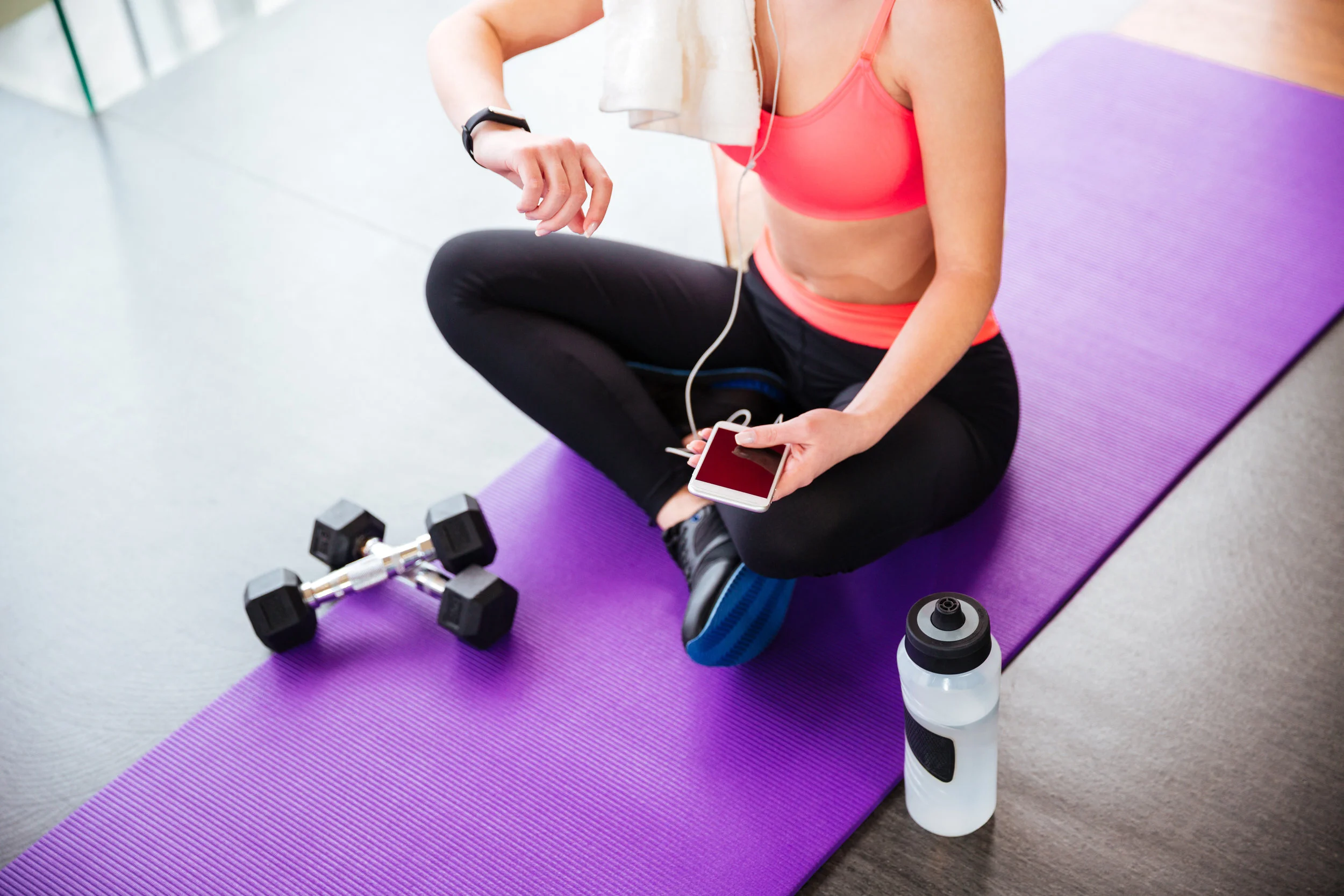It’s rare now to see anyone in the gym, running on the road or track, or even just walking around the office without some kind of wearable fitness tracking device, and it can’t help but make you wonder--do fitness tracking tools help you reach fitness goals?
From Fitbits to Apple watches, they’re everywhere, and users may have stories about how it’s increased their consciousness about what they’re eating, and those all important steps, but does that translate into measurable, long term success?
At least one two year study has concluded that the opposite may in fact, be true.
A University of Pittsburgh study, conducted over the course of two years showed evidence that the use of wearable devices as a dietary intervention did not contribute to sustainable weight loss in 470 young adults. The same study references other studies that have shown how devices help weight loss, and points out that they are short term studies--not designed to follow whether subjects keep the weight off. (They do mention one 9 month study where wearing a device in combination with group-based weight loss intervention provided better results than those who engaged only in the group-based technique without a device, so the lesson may be that certain tactics dovetail better with technological devices than others.)
The initial weight loss could be ascribed to almost anything--the novelty of a new gadget, or just the excitement with following a new regimen and seeing results.
But lasting weight loss and long term health benefits from a fitness-focused lifestyle come from focusing on just that...building a lifestyle. If a wearable device enhances that lifestyle, then it will definitely help you achieve your goals, but it can’t be the foundation of it...that has to come from within. If a fitness device serves any purpose, it’s probably to promote mindfulness, which is good...but sustaining that mindfulness organically is your best bet for internalizing the attitude and practices that will keep you active at a healthy level.
It’s also worth noting that other studies (like this one) have concluded that engagement with a personal trainer is highly effective for advancing your level of fitness. There could be a number of reasons for this, but an obvious one would highlight both the “person” and “personal” part of the title; a personal trainer has a personal interest in your fitness gains, and while tools have their place, and toys can be both fun and practical...nothing replaces a person.
Take full advantage of the 21st century, and use a device to track those macros and steps...but for lasting success, build up that human connection, both in yourself and with others.


